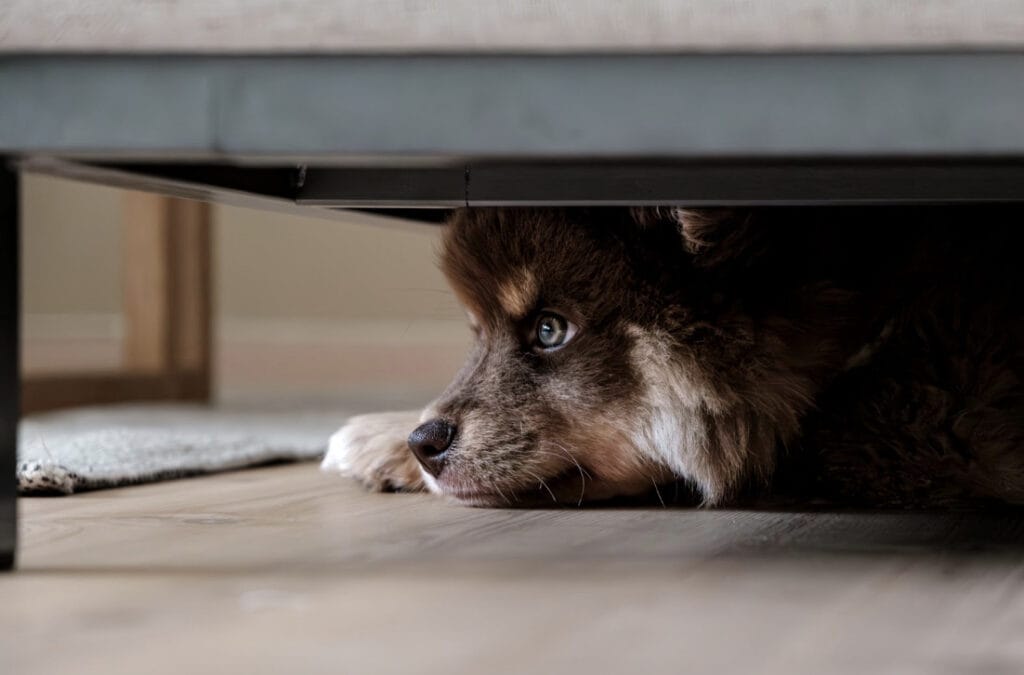
“What defines dog constipation?” and “Why is my dog constipated?” are questions frequently asked by pet owners. On the opposite end of the gastrointestinal (GI) spectrum lies diarrhea, which can also be perplexing. Both GI issues in dogs can cause lethargy, bloating and extreme discomfort. Nutritionally balanced food and avoiding dietary indiscretions (like trash picking, ingesting toys and nibbling table scraps) can minimize GI upset. Constipation and diarrhea, however, are common conditions that pet parents should be aware of. Knowing when it’s time to see the vet is also essential. Your vet can help identify the cause of your dog’s constipation and the best way to manage it.
Constipation in dogs can be a common issue, and it’s important for pet owners to be aware of the causes, symptoms, and potential remedies. Here’s a detailed overview:
What is Constipation?
Constipation refers to infrequent or difficult passage of stool. The stool passed is often hard and dry and might contain blood. A dog that poops occasionally one or two times less than usual is generally not cause for alarm, but if your dog has not passed stool in more than a day and is showing signs of straining or a poor appetite, call your veterinarian.
Common Causes Of Dog Constipation
- Dietary Issues: Insufficient fiber intake or a sudden change in diet can lead to constipation. Low-quality or poorly balanced commercial dog foods may also contribute.
- Dehydration: Inadequate water intake can lead to dry, hard stools that are difficult for a dog to pass.
- Lack of Exercise: Physical activity helps stimulate the digestive system. A sedentary lifestyle can slow down bowel movements.
- Foreign Object Ingestion: Dogs are known for eating things they shouldn’t, which can lead to blockages and constipation.
- Medical Conditions: Conditions like anal gland problems, hernias, and pelvic injuries can contribute to constipation. Neurological issues and certain medications may also be factors.
- Age and Breed: Older dogs are more prone to constipation due to slower metabolism, while certain breeds may have predispositions.
- Stress and Anxiety: Emotional stress can affect a dog’s digestive system.
Symptoms of Dog Constipation
- Infrequent Bowel Movements: A dog that normally has regular bowel movements but suddenly experiences a decrease in frequency may be constipated.
- Straining: If your dog is straining, but producing little or no stool, this is a sign of constipation.
- Hard, Dry Stools: Stools that are dry and difficult to pass are indicative of constipation.
- Discomfort or Pain: Your dog may show signs of discomfort, like whining or arching their back, while trying to defecate.
- Loss of Appetite: Constipated dogs may lose interest in food.
Remedies for Dog Constipation
- Dietary Adjustments
- Increase Fiber: Adding fiber to your dog’s diet can promote regular bowel movements. Options include canned pumpkin, cooked vegetables, or specialized high-fiber dog food.
- Hydration: Ensure your dog has access to clean, fresh water at all times.
- Exercise
- Regular exercise can help stimulate bowel movements. Going for walks and engaging in active playtime are beneficial.
- Laxatives and Stool Softeners
- Only administer these under the guidance of a veterinarian. They should never be given without professional advice.
- Probiotics
- Probiotic supplements can promote healthy gut flora, aiding in digestion.
- Manual Assistance
- In severe cases, a veterinarian may need to manually remove feces from the rectum.
- Consult a Veterinarian
- If constipation persists for more than a day or is accompanied by other concerning symptoms, it’s crucial to seek professional advice. Underlying medical conditions may require specific treatment.
Prevention
- Maintain a balanced diet with adequate fiber content.
- Ensure your dog stays well-hydrated.
- Encourage regular exercise.
Remember, while these remedies can often help alleviate constipation in dogs, it’s always best to consult with a veterinarian for proper diagnosis and treatment, especially if the issue persists or worsens. They can provide tailored advice based on your dog’s specific needs and health history.

















